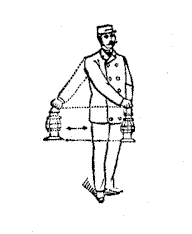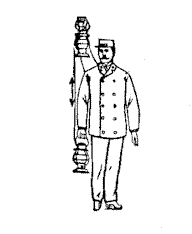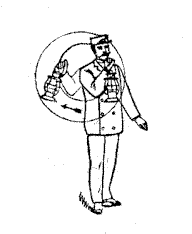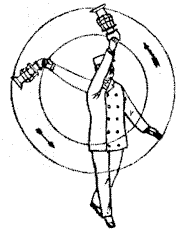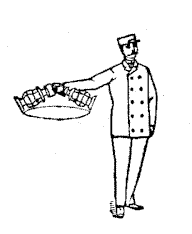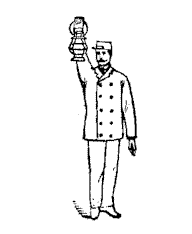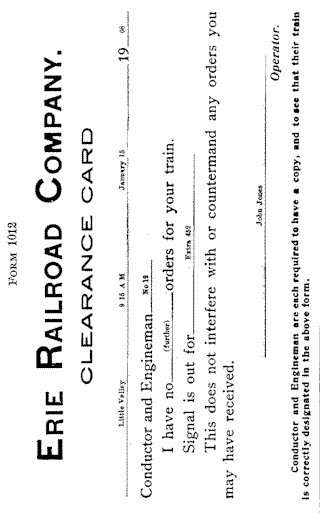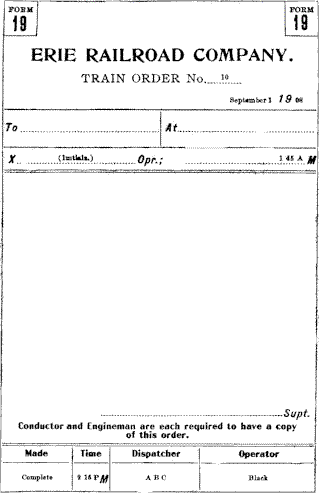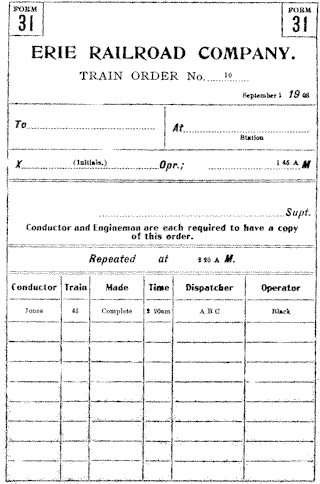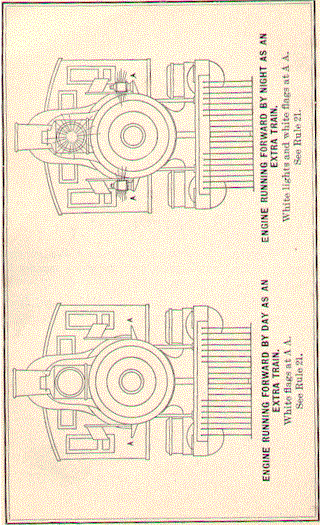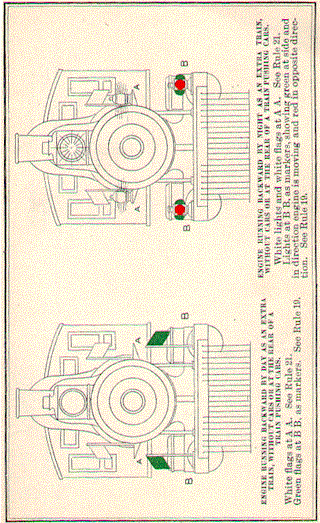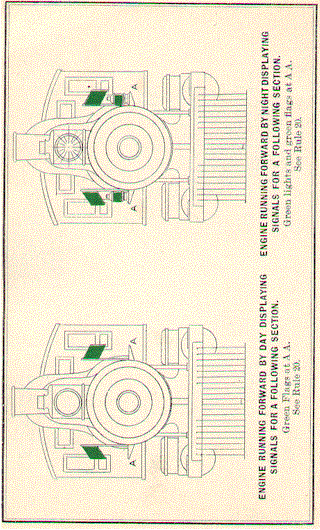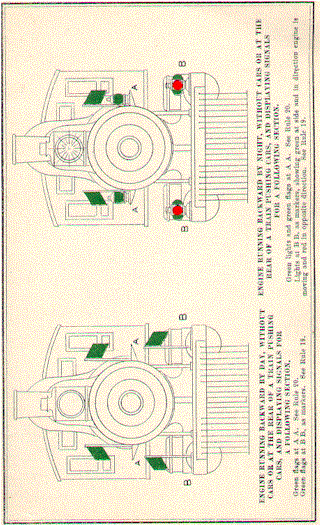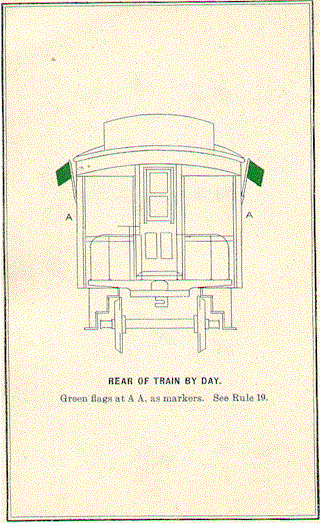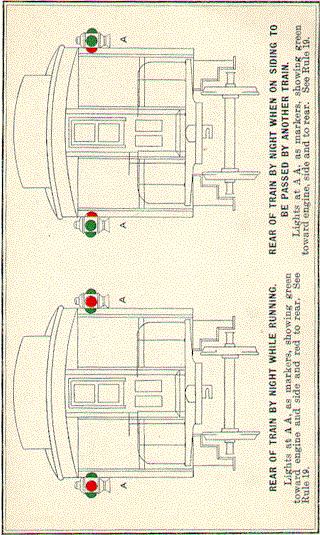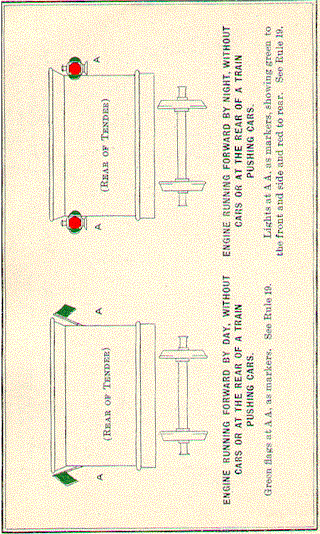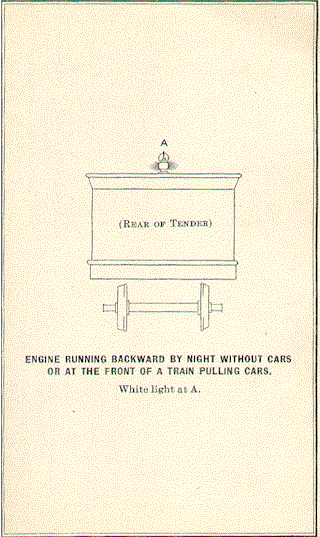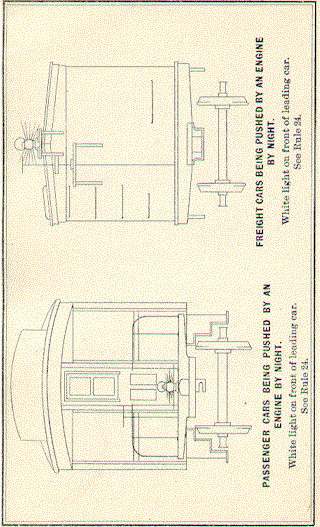|
4 Green Flags, mounted,
2 White Flags, mounted,
1 Red Flag, mounted,
1 Red Lamp, complete,
1 White Lamp, complete,
2 Marker Lamps, complete,
2 Classification Lamps, complete,
12 Torpedoes,
2 Torches,
1 Bell Cord,
1 Steam Hose,
2 Long Spout Engine Oilers,
1 Gallon Can Engine Oil,
1 Gallon Can Kerosene Oi1,
1 Gallon Can Signal Oil,
1 Tallow Pot, No. 4,
1 2-lb. Cast Steel Hammer,
1 8-lb. Sledge,
1 12 inch Monkey Wrench,
1 18-inch Monkey Wrench,
1 18-inch Eccentric Set Screw Wrench,
1 Rod Set Screw Wrench,
1 Air Pump Combination Box and Spanner Wrench to suit size of pump,
1 Lubricator Spanner Wrench, double end to suit engine.
1 Oil Cup Socket Wrench,
1 Oil Cup Wrench,
1 18-inch Trimo Wrench,
1 8-inch Cold Chisel,
1 18-inch Set Chisel,
1 9-inch Jack Screw,
1 30-inch Octagon Bar (7/8-in, steel) Chisel at one end and round at the other end for jack,
1 Drift for disconnecting valve stems,
|
|
|
1 Standard Switch Chain,
1 Valve Stem Clamp,
1 Pinch Bar,
1 Clinker Bar,
1 Pair Car Replacers,
1 Flue Plug Bar,
1 Front End Poker,
1 Ash Hoe,
1 Steel Coal Hammer,
1 Coal Pick,
1 Scoop Shovel,
1 Broom,
1 Iron Water Pail,
1 Packing Iron,
1 Packing Hook,
1 Clinker Hook, length to suit firebox,
1 Supply of Oak Blocking,
1 Assortment of Bolts and Nuts,
2 Main Pin Bushings, for engines with collarless main Crank Pins,
1 Gilman-Brown Emergency Knuckle.
CABOOSES.
698. It is required that each caboose in service carry, at all times, the following tools, and conductors are required to check them over on taking charge or giving up cabooses, reporting all shortage and damage, and are held responsible for any loss or deficiency while in their charge:
1 Axe,
6 Brasses,
1 Broom,
1 Pail of Dope,
2 Markers,
|
|
